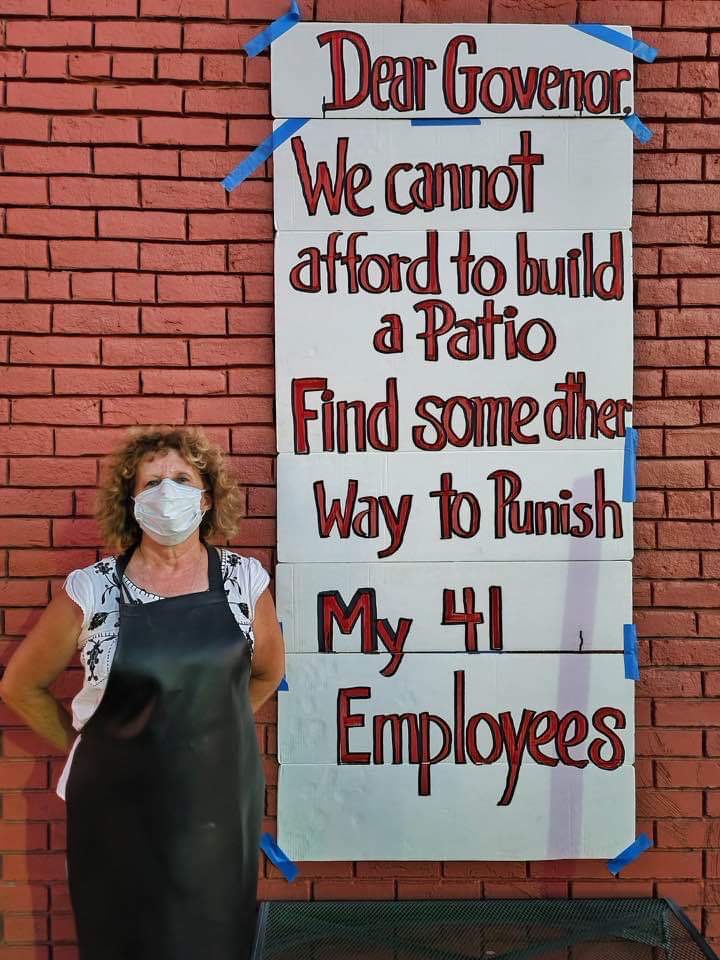If you need inspectors so bad, why can't you just hire more staff? Money?
Yeah. To get them, we'd have to go to the state legislature and plead for more money and more personnel and there's no way that would happen for at least a year—if it happened. But we need more staff all-around, not just inspectors.
So you can hire contract inspectors but not pay for the training?
Yes. We're working on this on our own time.
What's the training all about?
It can be anywhere from three days to a week depending on how many hours a day it goes. … Potential inspectors can start with the basic farm training and then stay for special training on livestock and processing if they want. They always start by learning the federal organic regulations. Basically, it trains you how to be an auditor because you do spend time in the field looking at the crops or the fields or the cows, but you have to spend a lot more time looking at paperwork. The people who are applying [for organic certification] have to keep records for everything: where they got their seeds … how the animals were transported to the ranch … everything.
How much does the training cost?
… All included, it costs probably around $1,000. We're actually hoping that there will be one in New Mexico early next year. That will cut down on the travel costs considerably.
Do you automatically get to be an inspector after the training?
Generally you have to do a few apprentice inspections with another inspector. We like them to do at a minimum two or three inspections, but it'll vary on the individual. We have everyone from very experienced farmers to people with no farming experience so it just depends.
What does the job entail?
They get paid a flat fee per inspection plus mileage. We assign them inspections depending on how qualified they are to handle a certain farm or situation. Some inspections take an hour, some take eight or 10. They write a full report and they're done. … What a lot of inspectors do is work for certification agencies around the country. Once you've done the training you can work for anyone who'll hire you. There are some [inspectors] who travel thousands of miles per year. The biggest certifier is based in San Diego but they cover the planet: Japan, Europe, the United States and Canada. They contact the closest qualified inspector they can find, and they'll contract with that person to do it.
If you're interested in becoming an organic commodity inspector, contact NMOCC director Erica Peters at 266-9849 or stop by Whole Foods Market (Wyoming and Academy) on July 22. Volunteers will be on hand to talk about the program and Whole Foods will be donating a percentage of the day's profits to sponsor training.








